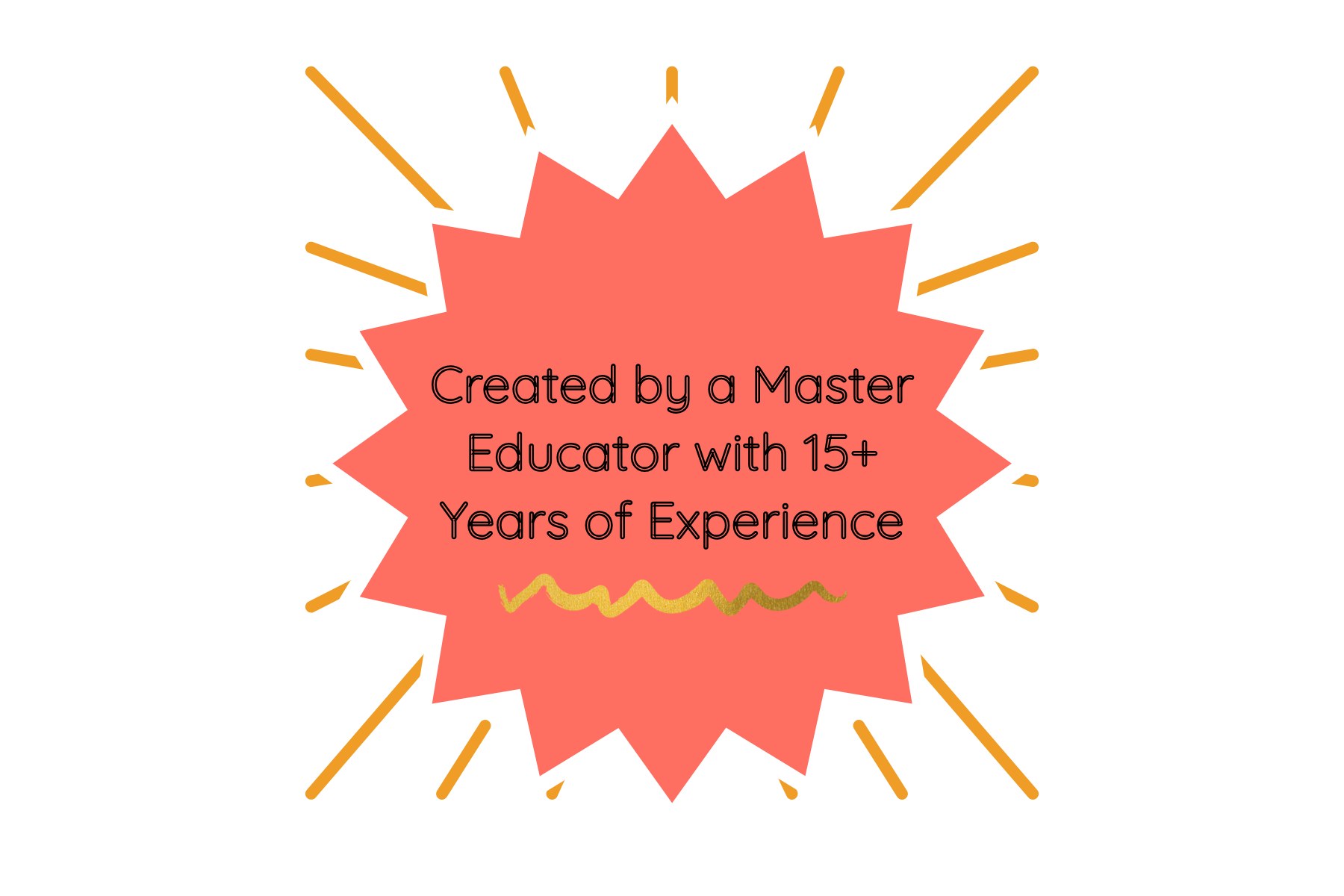Raise a kind, confident, curious kid—without the guesswork.
Fun, whole-child preschool learning guides that build life-long skills through play, connection, and research-backed strategies.
You’re not just raising a preschooler.
You’re raising a future leader, problem-solver, and changemaker.
That’s why we go beyond ABCs and 123s—helping you nurture your child’s full development:
💛 Social
🧠 Emotional
💪 Physical
🌱 Intellectual
Because when children learn kindness, confidence, and curiosity nothing can stand in their way.
Here’s the truth—most preschool programs are just too narrow.
They focus only on early academics and forget what actually builds success in life:
• Emotional intelligence
• Resilience
• Creativity
• Social skills
• Healthy habits
🧠 Did you know?
90% of your child’s brain development happens by age 5.
Don’t wait for “real school” to start.
This is the most important time to build a foundation for life.
What Makes These Different
A play-based preschool program that supports your child’s whole development—and supports you, too.
Here’s what’s inside each themed monthly guide:
🧠 40 hands-on learning activities
📚 Weekly book lists and journal prompts
🎨 Covers 10 essential domains—not just academics
📝 Easy-to-follow daily plans, zero prep required
📦 Printables, coloring pages, and visual materials included
Designed by a master educator with over 15 years of experience—so you don’t have to start from scratch.
“I used to throw random activities together and hope it was sticking but now I feel like I know exactly what to do each day- it's way less stressful, and I can actually enjoy my time with my son more!”
Is your preschooler on track for hitting key developmental milestones?
There are 61 key indicators of healthy development before age 5.
Do you know what they are—or how your child is doing with them?
Download the free Early Learning Outcomes Guide to uncover:
✔ What the experts actually track from birth to age five
✔ How your child is growing across all areas—not just letters and numbers
👉 Sign up now to get the guide—and raise your child with confidence, not second-guessing.
P.S. Want great discounts, tips, and first-in-line status when new guides drop? Sign up for news and updates below!
Ready to get started?
~
Ready to get started? ~
Step 1
Pick a guide based on your child’s interests
Step 2
Follow the ready-to-go plan
Step 3
Watch your child learn, connect, and thrive!
FAQs
Q: Is this a full preschool curriculum?
A: Through the month, your child will explore all the essential areas of early development—math, literacy, science, social-emotional learning, and more. When used consistently, these guides create a comprehensive, customized preschool experience.
Q: Can I use this with more than one child?
A: Absolutely. The activities are designed to be flexible across ages and can be easily adapted for siblings or small groups.
Q: How much time does this take each day?
A: Most families spend 30–60 minutes a day, depending on your pace and your child’s interest. Activities are flexible and easy to adapt to your routine.
Q: What age is this best for?
A: The guides are designed for ages 3–5, but many families successfully use them with younger or older children by adjusting support and expectations.
Q: Do I need to buy a lot of materials?
A: Nope! We try to keep materials simple and use what you likely already have at home—like paper, crayons, kitchen tools, blocks, and toys. A full supply list is included for easy prep when there are additional items you might want to purchase.
Q: I’m not a teacher. Will I know what to do?
A: Yes! Every activity includes simple instructions, helpful tips, and even example scripts so you can lead with confidence—even if this is your first time.
The 10 learning domains.
-
Early math skills like counting, sorting, and patterns build the foundation for problem-solving, logical thinking, and later academic success in math.
-
Fosters curiosity, observation, and critical thinking. Sensory activities help children process the world through their senses, which is essential for brain development.
-
Encourages creativity, self-expression, and fine motor skill development, which is critical for handwriting and other precise tasks.text goes here
-
Builds communication, vocabulary, and early reading and writing skills. These abilities are key to academic success and self-expression.
-
Supports memory, coordination, and emotional expression. Music helps with language development and introduces rhythm and patterns.
-
Develops gross motor skills, coordination, and physical fitness, while also improving focus and emotional well-being.
-
Sparks imagination, builds social skills, and helps children process emotions by acting out real-world scenarios.
-
Teaches life-long habits for hygiene, nutrition, and overall well-being. Healthy habits set the foundation for physical and mental health.
-
Promotes independence, responsibility, family cohesion, and problem-solving, preparing children for real-world situations and improving their self-esteem .
-
Builds emotional intelligence, self-awareness, and interpersonal skills. These are vital for healthy relationships and resilience.




